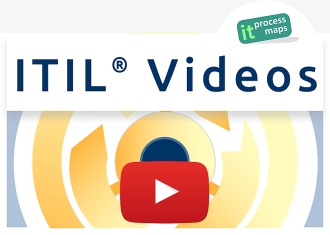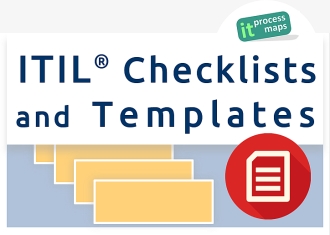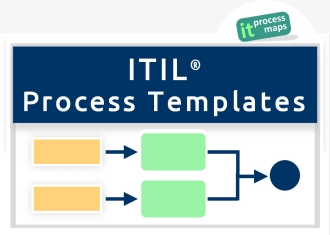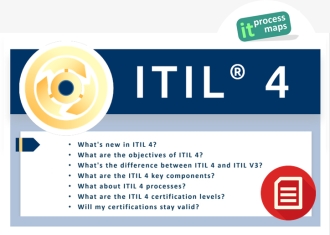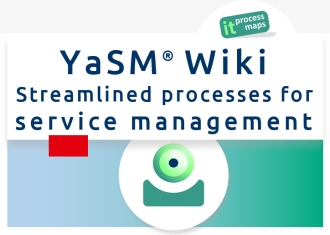Release Management

ITIL Version: ITIL V2 → see also Release and Deployment Management - ITIL V3
Process-Objective: Release Management is the central responsible body for the implementation of Changes to the IT Infrastructure, so that these are carried out in an effective, secure and verifiable manner. Their tasks include planning, monitoring and implementation of respective Rollouts or Rollins in co-ordination with Change Management.
Part of: Service Support
Process Owner: Release Manager
Sub-Processes

Plan Rollout
- Process objective: Planning of the Rollout in detail and devising the necessary technical concepts for the distribution of the Release.
Develop Distribution and Back-out Procedures
- Process objective: Development of technical and/ or organizational procedures for the distribution of the new Release components, as well as back-out solutions in case of unpredicted problems.
Test Release
- Process objective: The Release components and the distribution and back-out procedures are to be submitted to a realistic test, so that a substantiated decision can be made with regards to the go-ahead of the Rollout.
Carry out Rollout
- Process objective: Rolling-out of the Release components into the productive IT environment and ensuring that the Rollout was successful.
Involved Roles
- Application Manager
- ITC Infrastructure Manager
- Release Manager: As a central body, the Release Manager is responsible for the implementation of changes to the IT Infrastructure, so that these are carried out effectively, safely, and verifiably. His tasks include planning, monitoring and implementation of respective Rollouts or Rollins in co-ordination with Change Management.
- Test and QS Manager

